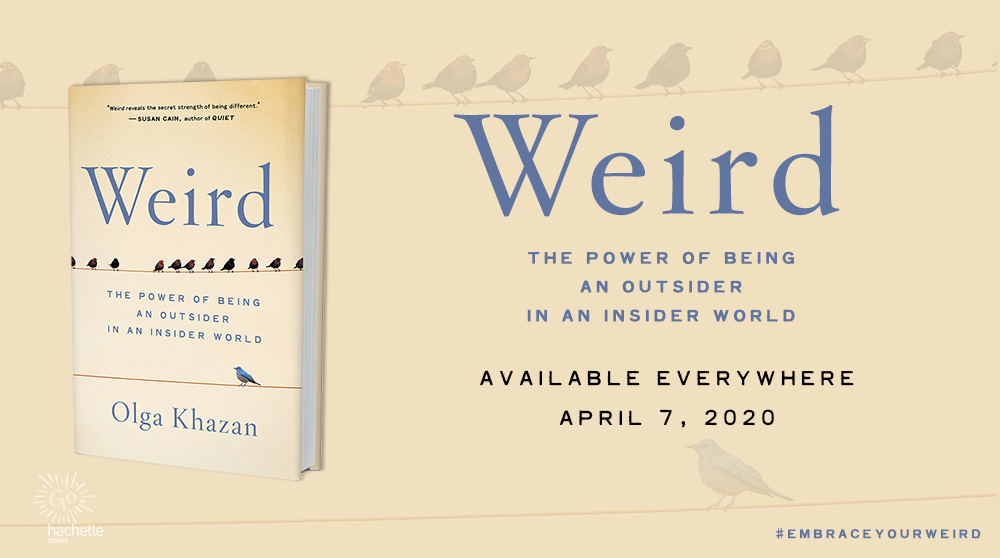Have a great holiday weekend!
Like I mentioned, we’re off on Monday, but every now and again I like to open up some of the paywalled interviews for the whole readership. This weekend, you can read all of these interviews, no subscription required.
They’re a neat cross-section of some of the cool work you’re missing in the Sunday edition, and if you like them now’s the best time to upgrade because I’m doing that gigantic once-a-year 30 percent off sale.
Thanks for reading, I hope you enjoy!
 |
Peter Fairley on the Seams of the Grid
I spoke to Peter Fairley who wrote “How a Plan to Save the Power System Disappeared” for The Atlantic and InvestigateWest. This conversion was just this past Sunday, but I really loved it. It’s much more than just a neat study, the story becomes an investigation into why this study was spiked and how researchers tried to get it out there.
We spoke about what’s wrong with the North American power grid, what happened when some Department of Energy researchers discovered a key way to improve it, and the way that political intervention can stomp out promising science that doesn’t advance its goals.
 |
Erin Davis on books and bodies
I spoke to Erin Davis, who wrote The Physical Traits that Define Men and Women in Literature for The Pudding. It’s a deeply cool story relying on some exciting techniques in natural language processing, and it put hard numbers to things that lots of us knew pretty implicitly. It’s a great visual package. Erin’s work is super interesting, and she gets into the process of where cool stories like this come from so if you’re interested in any of that it’s a fun one.
 |
Dina Fine Maron on wildlife crime
Dina Fine Maron is the senior National Geographic Society wildlife trade investigative reporter, she reports on wildlife crime and exploitation for Wildlife Watch. This conversation was all about her story “Pandemic-induced poaching surges in Uganda” as well as all the ways that criminals have been making money off of the animal trade, from Tiger King to international smuggling operations.
Max Nisen on vaccines and treatments
This was a June interview with my friend Max Nisen of Bloomberg Opinion who covers the business of medicine and drugs. We spoke last year and it was timely to have him back. Max was really ahead of the curve on this stuff, writing “Deadly Viruses Aren't Pharma's Top Priority. Why Not?” as early as January. Here he breaks down what to expect from vaccine development and treatment creation for COVID-19. We spoke about what the difference is between a vaccine and a treatment, what kind of recovery each would enable, what progress is being made on a vaccine and what needs to happen next.
 |
Maria Sherman on Larger Than Life and Boy Bands
Maria Sherman wrote a very cool book called Larger Than Life: A History of Boy Bands from NKOTB to BTS, a top-to-bottom cultural history of the boy band genre. It’s a history of this really unique form of music that’s been pervasive for decades, one that is not only durable but also lies on a bedrock of exploitation. Any boy band is fascinating in its own right — five years of cultural hegemony is a wild thing to do to any group of teenagers — and Larger Than Life really gives this form of music the scrutiny and affection it’s deserving of. There’s a section in this interview that goes into the economics of boy bands that is really worth a read, it’s super interesting.
Rebecca Renner on the python that ate the Everglades
Rebecca Renner wrote “The Misunderstood Python Hunters Saving the Everglades” for Outside Online. We spoke about the Burmese python, how they’ve decimated the ecosystem, eliminating biodiversity and adapting to the swamps of Florida incredibly successfully. The best solution that the dedicated conservationists of the Sunshine State have come up with is the government paying by the foot for dead pythons. We spoke about how this problem came to be and why Florida is just so compelling to write about.
 |
Olga Khazan, author of Weird
Olga Khazan is a writer at The Atlantic who wrote a very neat book, Weird: The Power of Being an Outsider in an Insider World. Olga appears pretty regularly in Numlock, and I really enjoy her work. We spoke about what advantages people who are weird have, why having a few offbeat folks in an organization can help the group make better decisions, and what “idiosyncrasy credits” are and how they helped make The Beatles happen. This interview ranges from the middle of nowhere in Texas to Jonestown to Liverpool and more.
Dave Gershgorn on COBOL
Dave Gershgorn wrote “Our Government Runs on a 60-Year-Old Coding Language, and Now It’s Falling Apart” for OneZero, breaking the story about the coding issues that were hampering unemployment programs across America at the onset of the recession. Here we talked about an ancient coding language, the people who know it and how they maintain it, and why some major government operations never moved past it. I loved this because it’s got all the markers of an outstanding, relevant tech story, telling a larger story about how technology works and how the government works.
 |
John Jackson Miller on the comics industry
(Part 1, Part 2)
John Jackson Miller is an archivist and author who runs a site called Comichron, one of my favorite databases in existence and a one-of-a-kind historical sales record of the comics business, sort of like Elias Sports Bureau for comics. This year saw enormous turmoil in the comic sales business, and these interviews talk about the history of the business and how it got to the unique delivery mechanism it’s got today, as well as how those processes were shattered this spring. Think of it like “how it’s made” but for physical comic books, and this two-parter also gets into one of the largest breakthroughs in comic archival work in quite some time.
Have a great weekend!

